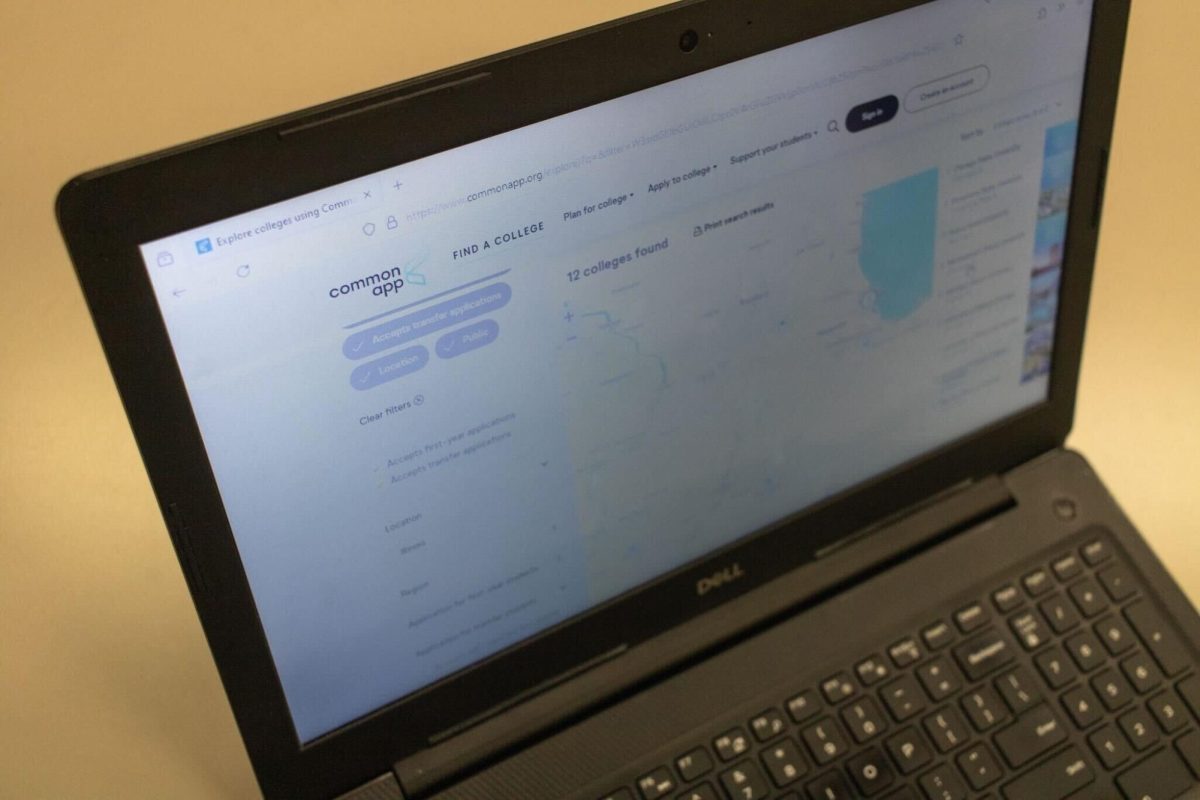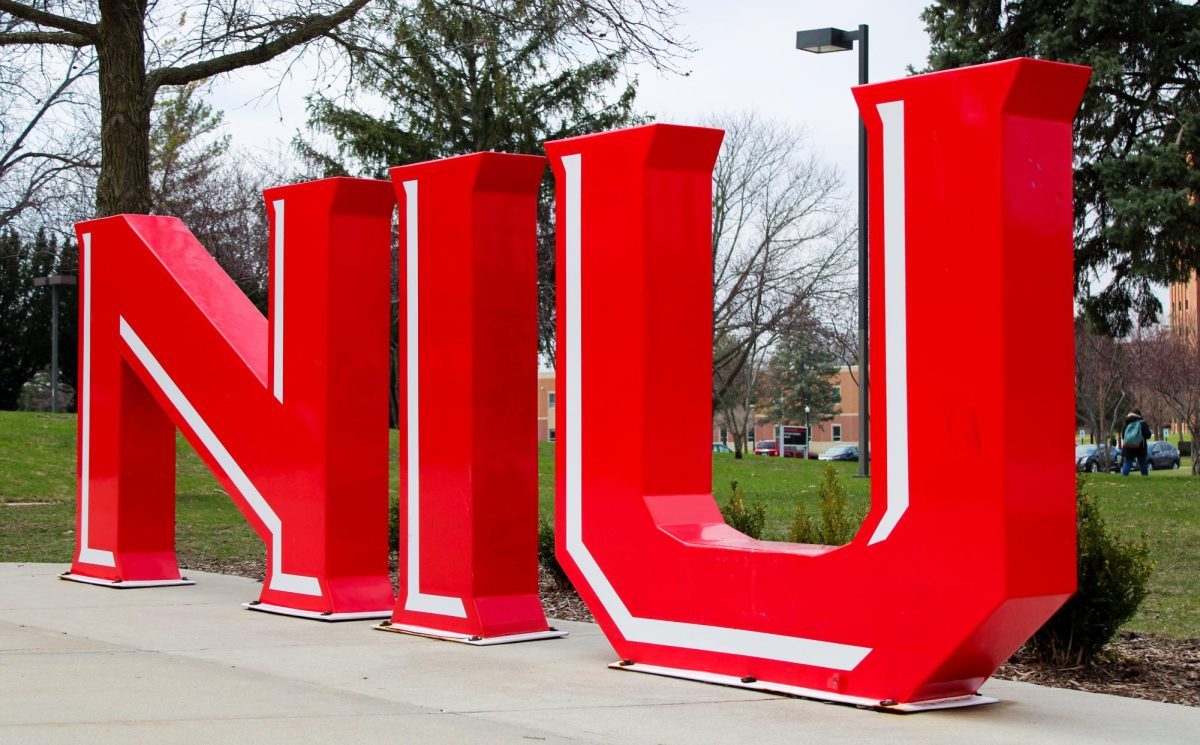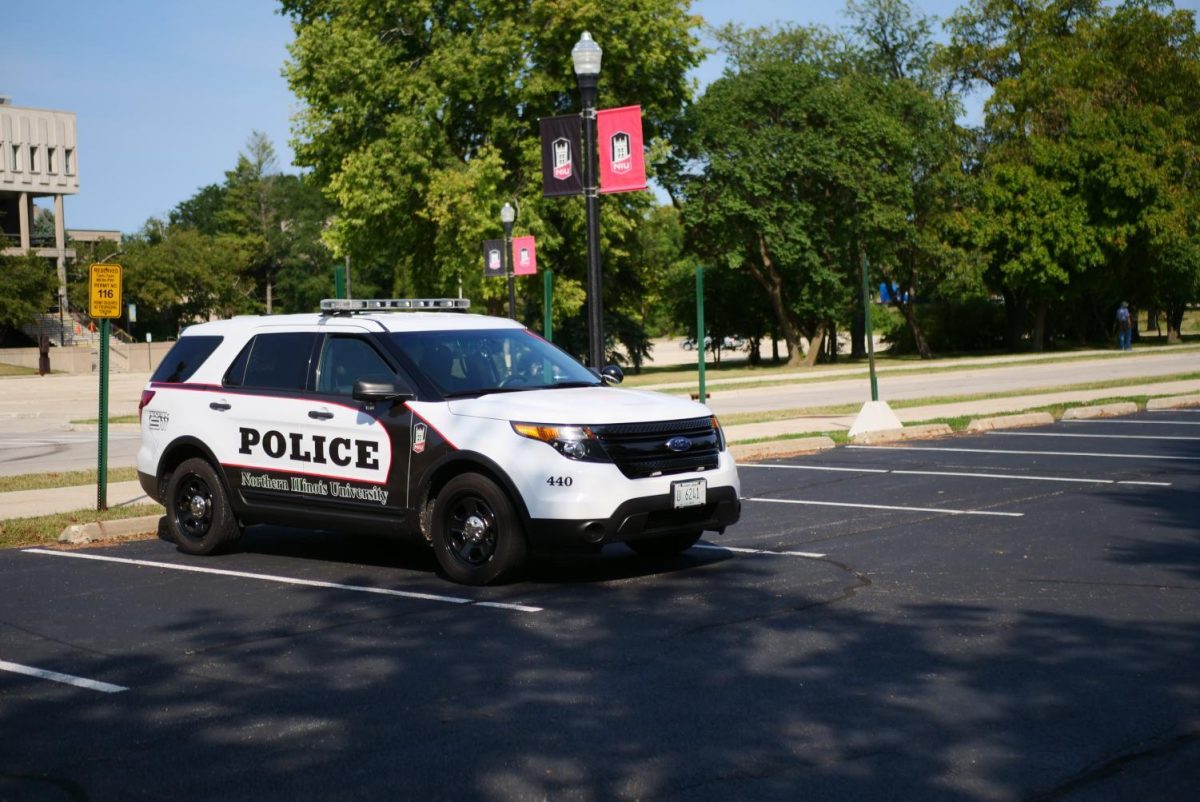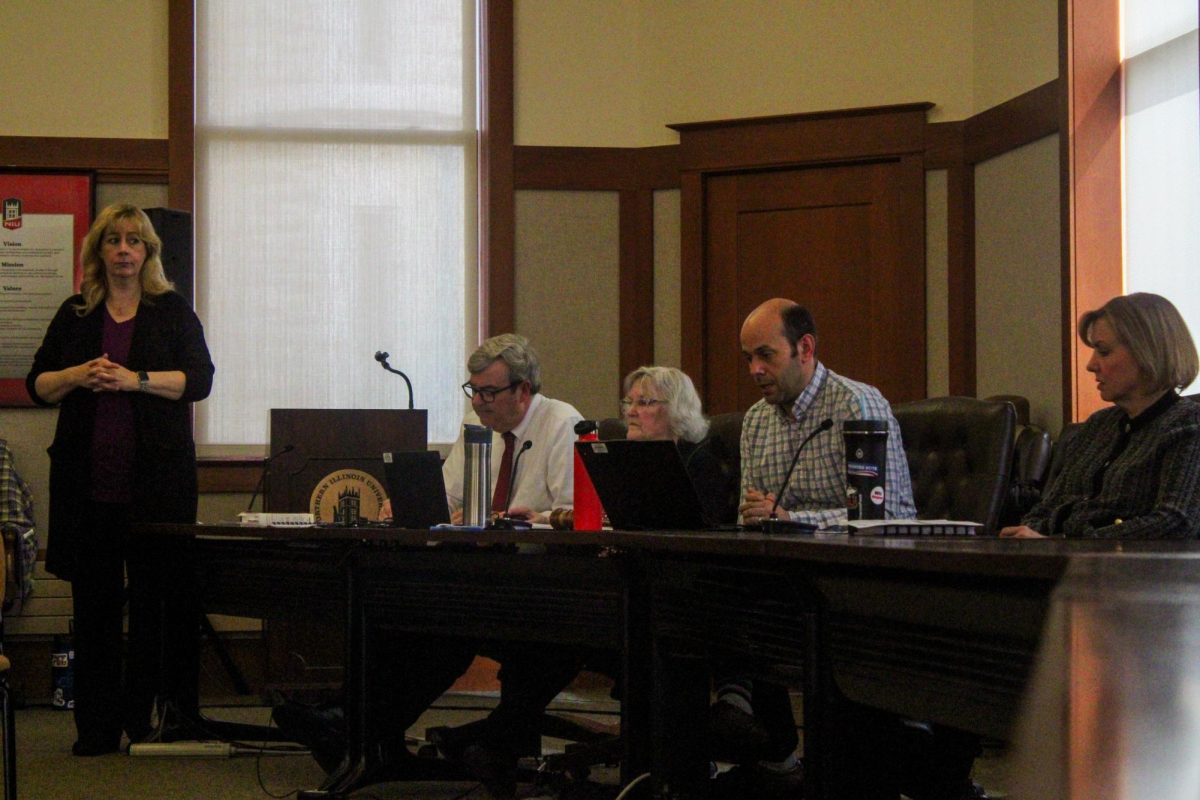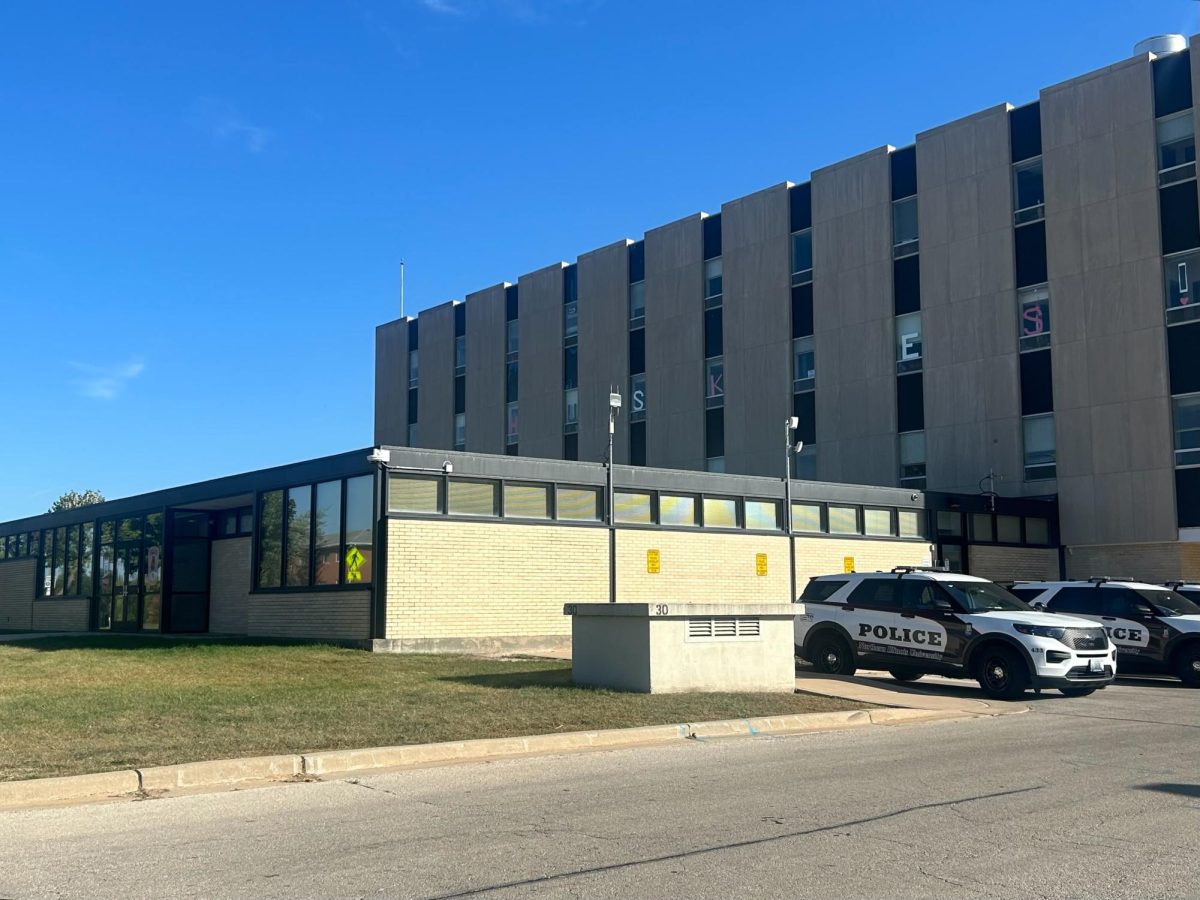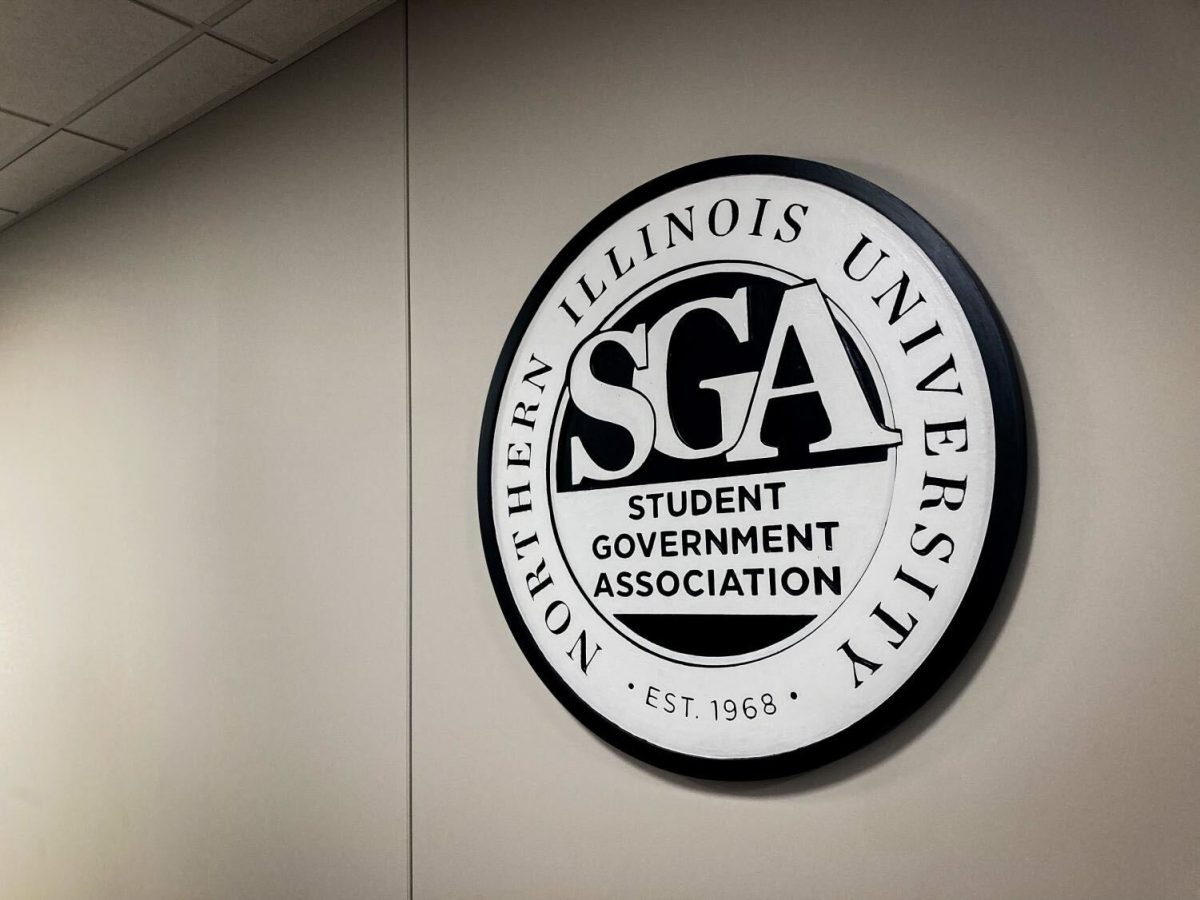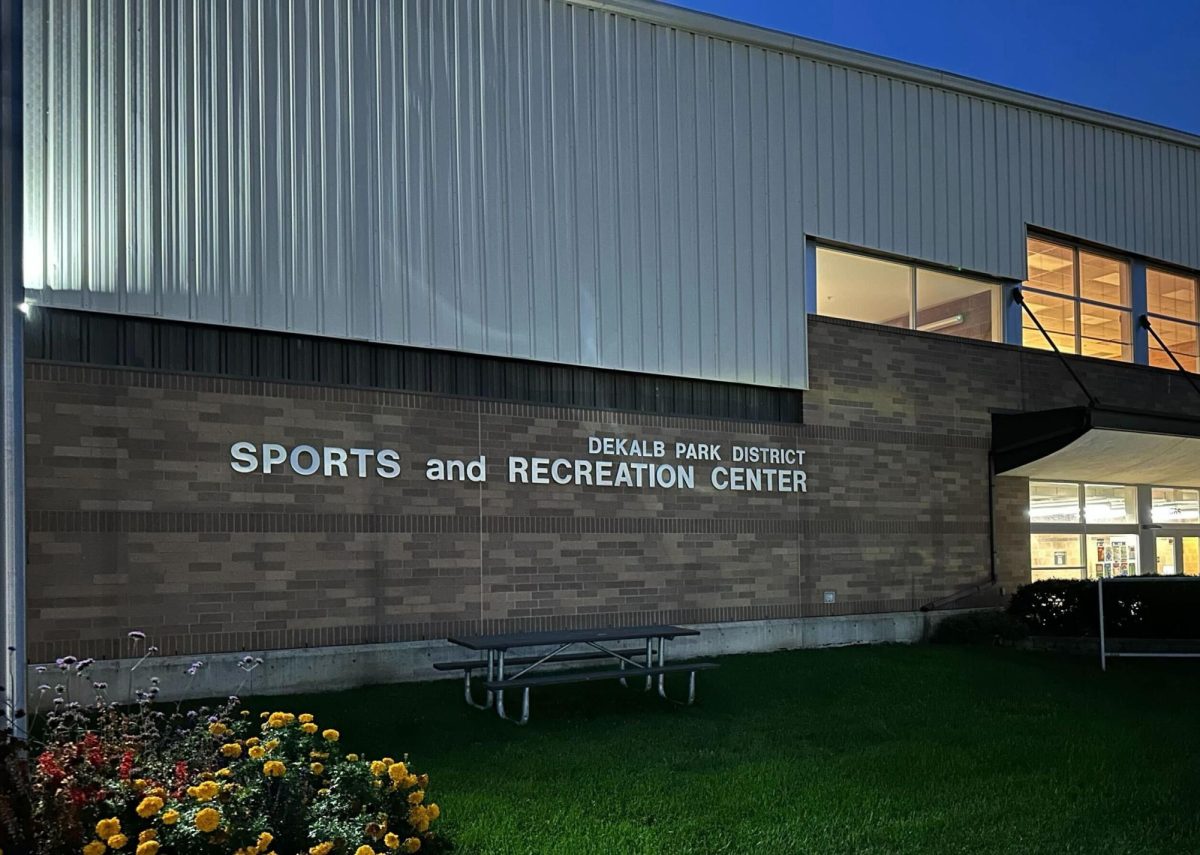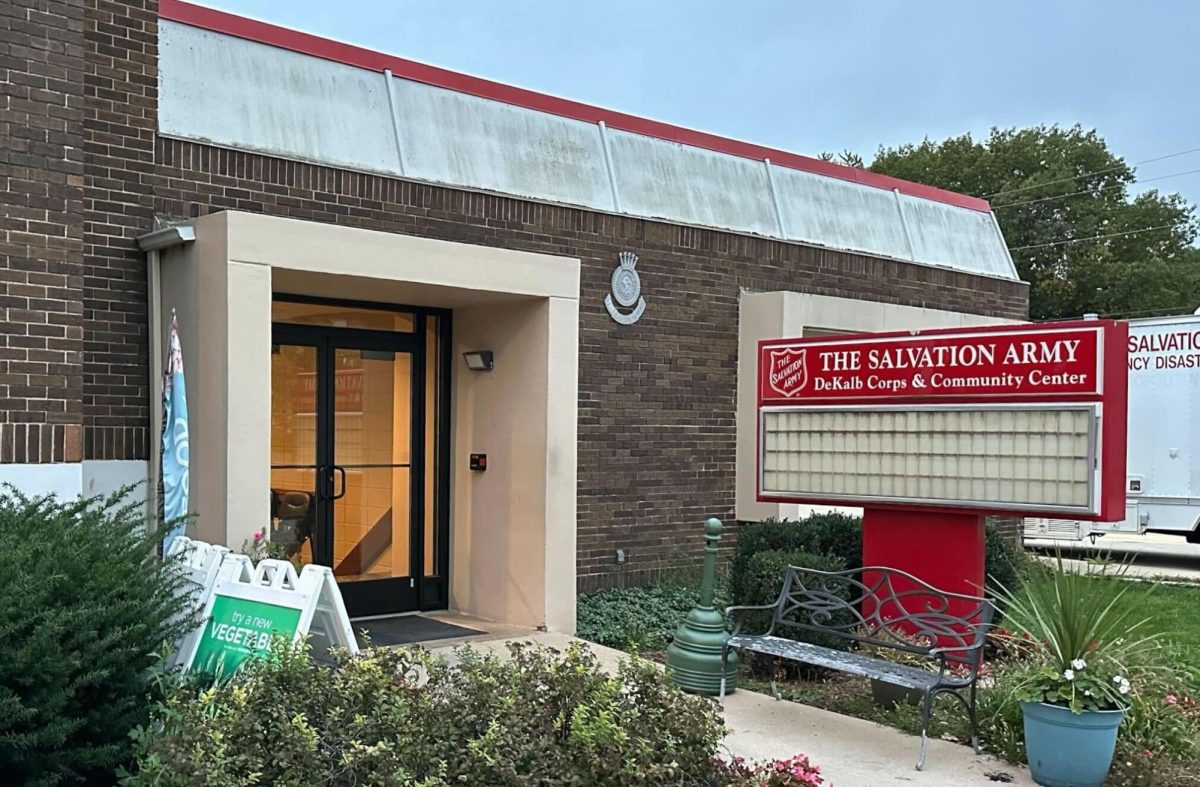DeKALB – Illinois community college students are skipping the college application process and learning if they are accepted into universities without having to apply. High school students are expected to be next.
The Public University Uniform Admission Pilot Program Act, passed on Jan. 1, guarantees eligible community college students automatic admission to any public university in the state, rather than having to apply to universities individually.
Eligible students include those who have completed 36 credits at a community college level and stand at least a 3.0 GPA. Students must additionally satisfy a university’s English language proficiency requirement.
The act is a recent step toward Illinois’ push for more direct admission pathways for incoming or transferring college students.
The Illinois Board of Higher Education was awarded a $750,000 grant on Feb. 29 as a finalist of The Great Admissions Redesign contest where applicants were given the task of “simplifying” the admissions process.
The contest asked learning institutions and educational boards to revise the college admission process and pitch or implement ways to remove barriers from students applying to college, especially for low-income students or students of color.
The contest was hosted by the Lumina Foundation, an independent, private foundation in Indianapolis whose goal is to make learning opportunities beyond high school accessible to all. The organization aims to ensure that 60% percent of adults in America will have a college degree, certificate, industry certification or other credential of value by 2025, according to its website.
“COVID, shifting testing requirements and legal rulings have caused significant disruptions in college admissions,” said Melanie Heath, strategy director for participation at Lumina. “This moment presents a unique opportunity to reimagine how we engage with prospective students and enhance their college experiences.”
The foundation distributed $3.1 million to seven organizations through implementation and planning grants, where the applicants have either created a plan for streamlining admission processes in their state or plan to execute one after the grant is awarded.
The IBHE’s direct admissions program will proactively inform eligible incoming transfer or high school students if they are accepted into an institution without having to apply to the universities. The project would signify the first time direct admissions would be implemented statewide for transfer students in America.
IBHE Executive Director Ginger Ostro explained the benefits of the direct admissions process which would help students unfamiliar with their college options.
“Studies have shown that using known information to inform students of their eligibility for admission removes barriers and inequities in the complex college admissions procedures, especially for low-income students, students of color, rural students and those who are first in their families to attend college,” Ostro said.
The project will expand and connect the IBHE’s coordination with the current Public University Uniform Admission Pilot Program and the state’s participation in the Common App.
The Common App is a streamlining process for undergraduate college admission applicants which has piloted a direct admission process since 2021.
The application allows students to apply to multiple schools at once and creates a non-binding agreement where students do not have to pay an application fee and are not required to enroll if they apply. Over 1,000 schools around the world accept the Common App as an eligible college application.
“By joining and expanding upon Illinois’ two existing programs, we will empower students on their path to a bachelor’s degree by removing systemic barriers and transforming the admissions process in Illinois,” Ostro said.
A new bill sponsored by Senator Kimberly A. Lightford is currently being processed to repeal the current legislation and include high school seniors in the applicable automatic admissions process beginning the 2025-2026 academic year.
Over 70 applicants applied for the Lumina Foundation contest including state education boards, colleges and universities and several State Higher Education Executive Officer agencies. The IBHE was one of three other organizations awarded implementation grants alongside the California State University System and Northern Arizona University.


